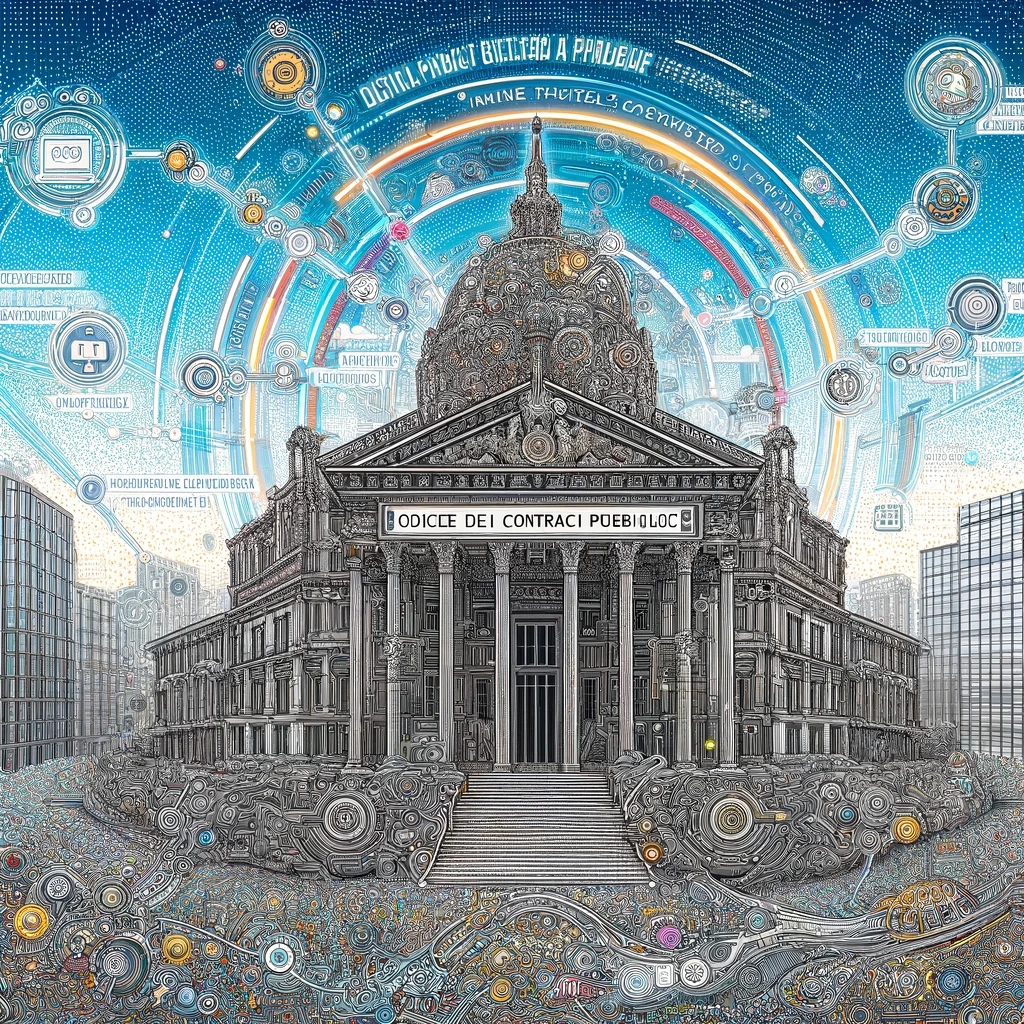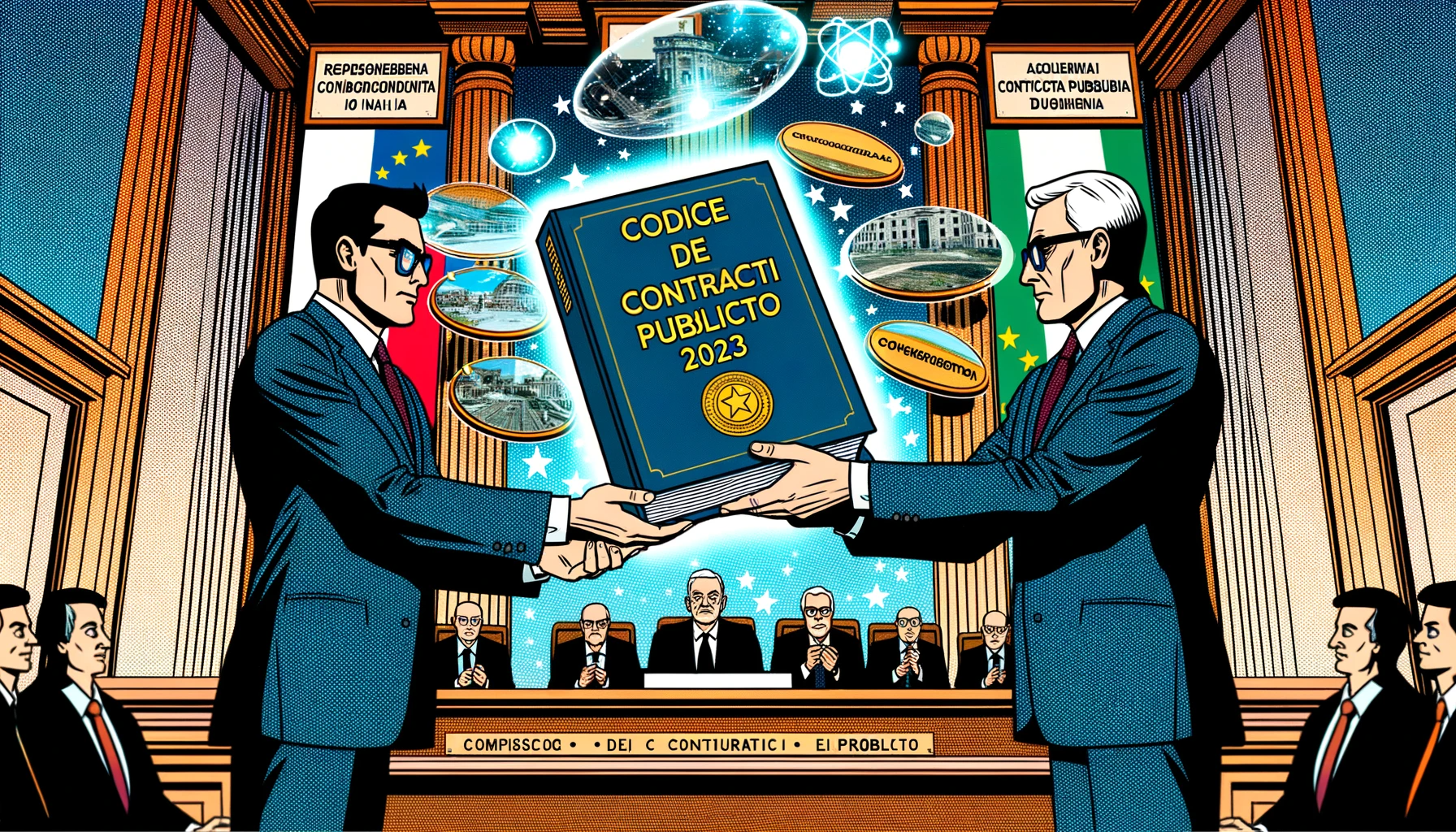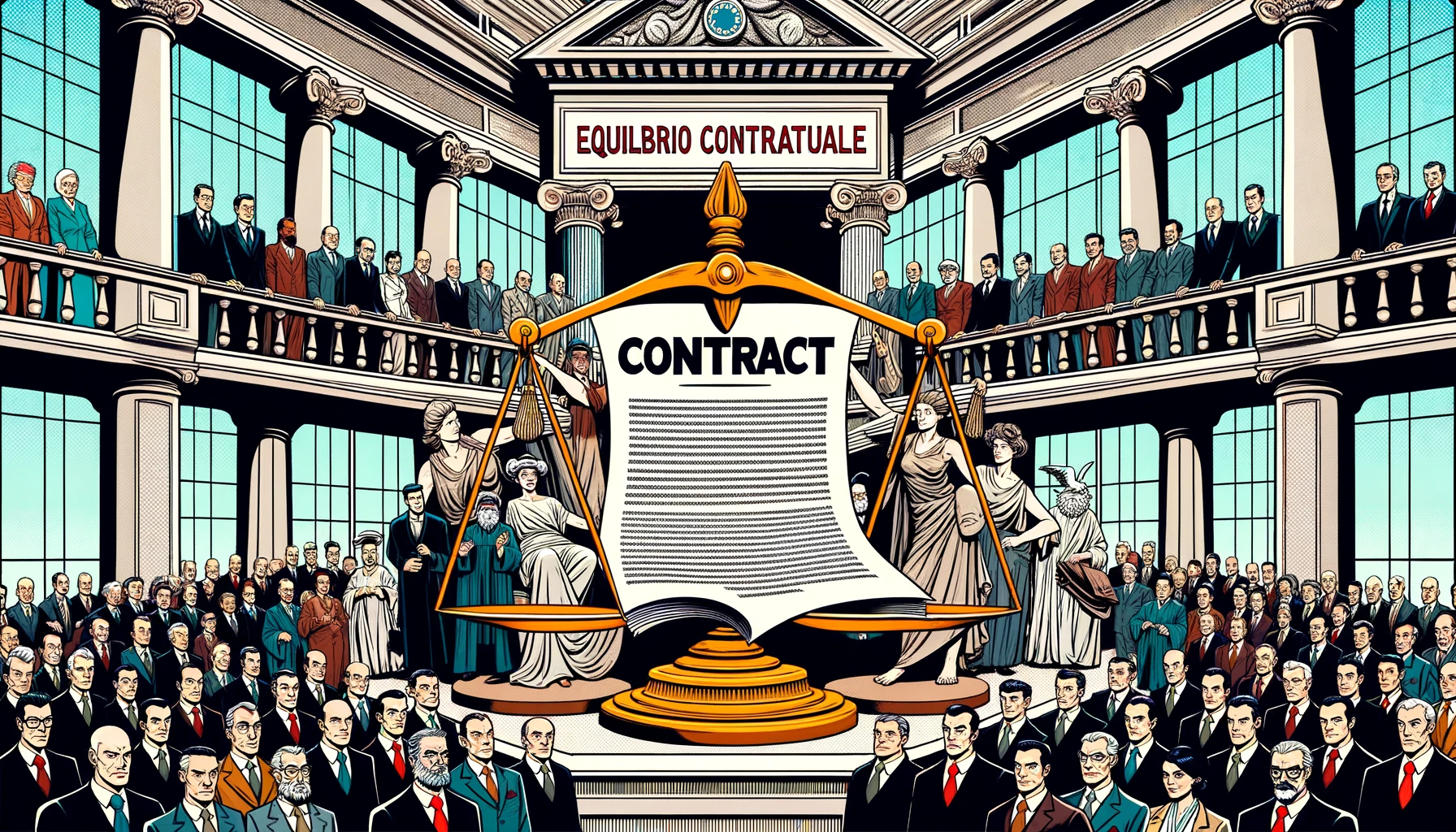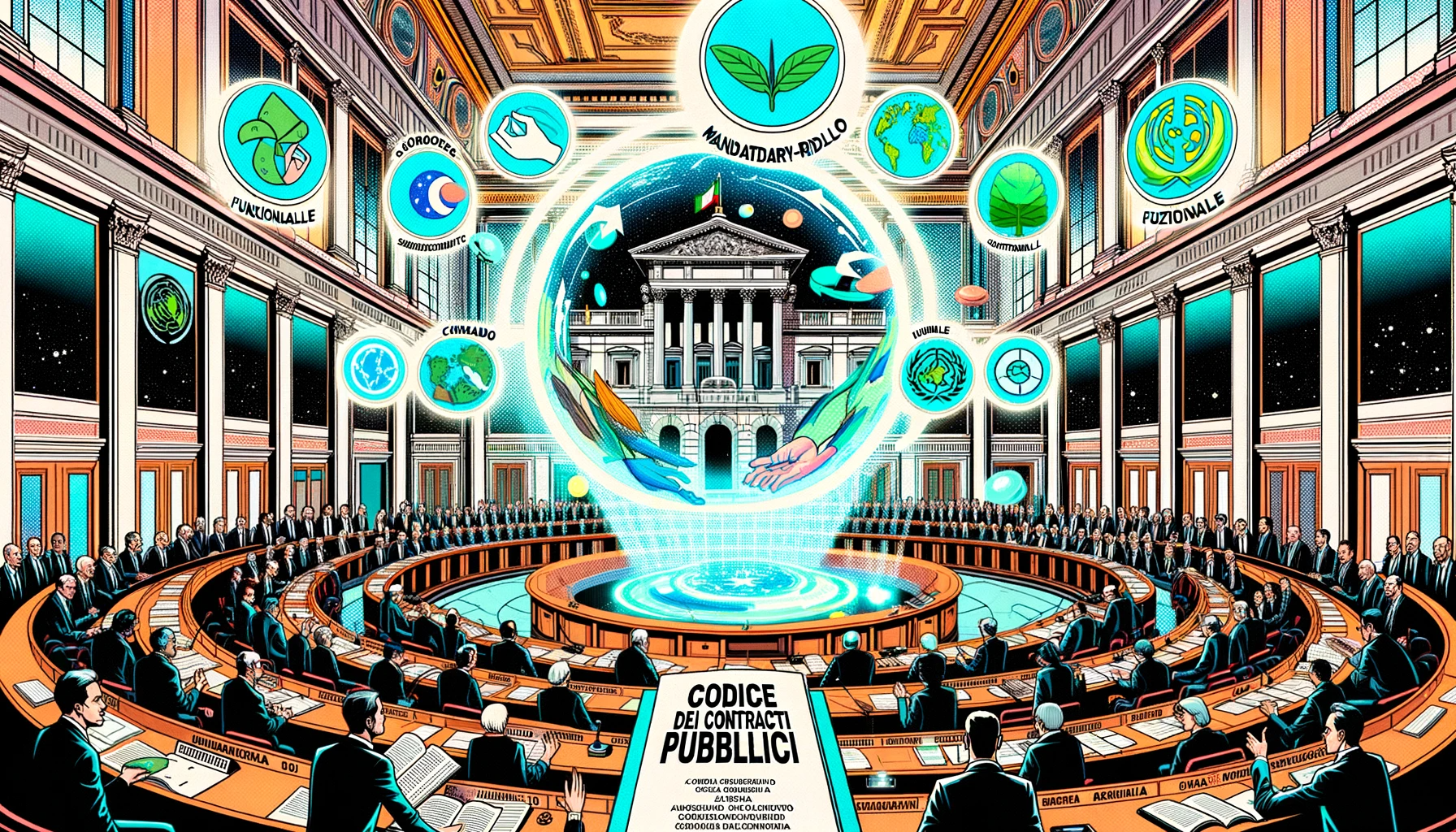public procurement

Artificial intelligence and public contracts: challenges and opportunities
Giovanni Fabio Licata | 26 June 2024 | Issue 2/2024
After distinguishing between the use of Artificial Intelligence as a tool for public entities to carry out purchasing procedures and the use of Artificial Intelligence as the object of such purchases, the paper focuses on the rationale and limitations of considering public procurement as a tool for regulation. It is believed that establishing a systemic interaction between the government's purchase of AI and the regulation of AI itself is crucial. This would aid in determining the regulations and the quality of outcomes associated with the use of AI systems in the public sector.
Read More
Public Procurement and Cybersecurity. The Italian Legal Framework
Stefano Rossa | 27 May 2024 | Issue 2/2024
The paper investigates the Italian legal framework regarding cybersecurity public procurement. First, the rules introduced by the (Italian) 2023 Public Procurement Code are explored. Secondly, the residual legal framework is examined: both the general one applicable to all public administration (including within the [Italian] National Cybersecurity Perimeter), and the special one intended for tendering procedures launched by the (Italian) National Cybersecurity Agency. The necessary role of public actors in promoting and disseminating cybersecurity culture is highlighted.
Read More
Anti-Corruption regulatory instruments and truth certification
Giuseppe Tropea, Annalaura Giannelli | 13 May 2024 | Issue 2/2024
The paper aims to examine, with a critical approach, the new regulatory methods that anti-corruption mechanisms have introduced into our legal system. The topic is assessed by exploiting the dialectic between the concepts of knowledge and public power, drawing inspiration from Michael Foucault, who identifies power with a relationship of force. Building on these premises, the study delves into the relationship between the activities of public administration and technical-scientific assessments, specifically focusing on anti-corruption regulatory instruments, particularly in the context of public procurement.
Read More
One of the main innovations of the Italian Code of Public Contracts (adopted with Legislative Decree n. 36 of 2023) concerns the rules on “digitalization” in Book I of the Code (art. 19-36). This paper sets out the main innovations introduced by these provisions (with particular regard to the digital life cycle of a contract and the possibility of using automation systems) and highlights how they form a new paradigm, which is relevant not only in the field of public procurement, but also for administrative action in a broader sense.
Read More
Theoretical Models and Implementation Practices: Critical Legal Analysis of Joint Cross-Border Procurement
Roberta Lombardi, Stefano Rossa | 1 March 2024 | Issue 1/2024
This paper analyses the EU legal framework of Joint Cross-Border Procurement. This is an instrument for achieving the (cross-border) satisfaction of the needs of different EU Member States’ public authorities. This goal, however, seems to be (partially) at odds with the extremely complicated rules and their application which - together with other practical considerations, makes contracting authorities favour alternative procurement procedures.
Read More
Good faith, legitimate expectations and civil liability of the Public Administration in the new public contracts Code
Marco Luigi Antonioli | 4 December 2023 | Issue 4/2023
Following an examination of the principles governing public contracts and their hierarchy as codified in Legislative Decree 36/2023, the author focuses on the relationship between the public administration's liability and the good faith principle, examining the legal implications of the former on the latter. Specifically, it is stated that by broadening the range of legal problems that can be resolved in connection with public procurement, Article 5 c. 2 of the new Code keeps the process of "civilising" administrative law going. This procedure, however, may hit a roadblock in the form of c. 3, which designates as "culpable" the reliance that was fostered in the face of a "easily detectable" illegitimacy.
Read More
The Project Manager in the new Code of public contracts
Gabriele Maria Brenca | 28 September 2023 | Issue 3/2023
The paper offers a quick review of the Project Manager provided for by the new Code of public contracts of March 31, 2023, and highlights the main features of this central figure in the context of public procurement procedures by comparing it with the already existing Project Manager drawn by the “old” 2016 Code.
Read More
The principle of preservation of contractual balance
Fiorenzo Liguori, Pasquale La Selva | 11 September 2023 | Issue 3/2023
This study delves into the concept of maintaining a balanced relationship in long-term contracts between public and private law, specifically in the context of procurement and concession contracts. The main objective of the paper is to explore the challenges related to unforeseen circumstances and contract renegotiation, while analyzing the clauses for price revision and contractual amendments outlined in legislative decree n. 36/2023.
Read More
The article highlights how public contracts are a crucial variable for the future of the government administration but at the same time represent a great challenge due to their complexity of the subject and the difficulty of in regulating them it in a simple yet effective way. The text article focuses on the many interests that the public administration has to consider when awarding contracts and how the new procurement Aact tries to combine a more streamlined discipline approach with the pursuit of the objectives of legality and transparency. The difficulty of achieving this goal can be seen is testified byin the recent experience of the UK legal system, which after Brexit is in the process of adopting a reform of public contract law that, despite the declared political intentions, still has many aspects in common with European and continental law.
Read More
Public procurement and environmental sustainability: from a “rigid-mandatory” to a “functional” approach?
Andrea Maltoni | 12 July 2023 | Issue 3/2023
This article analyses the new text of the Public Contracts Code with reference to the principles of sustainable development and environmental protection, neither of which are expressly mentioned among the new provisions. This examination provides an opportunity to reconstruct, according to Eu and national law, the role of the contracting authorities in pursuing environmental sustainability through public procurement. The approach followed in the new Code seems to be in line with the previous mandatory-rigid approach. Nevertheless, according to the principle of trust, corrective “functional” measures can be adopted to ensure that the processes of public procurement minimize damage to the environment and foster innovation.
Read More